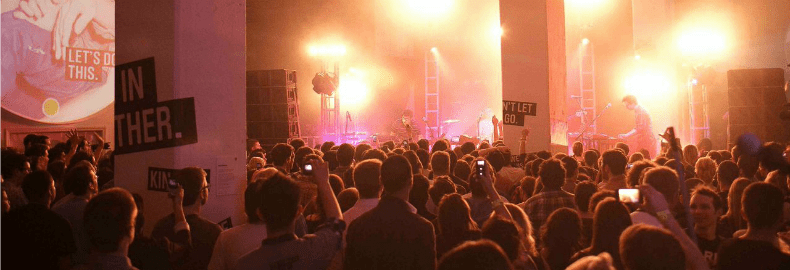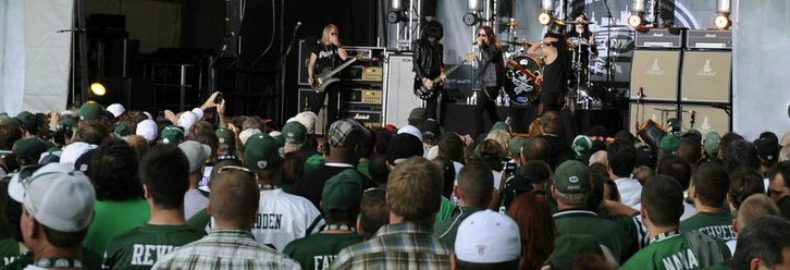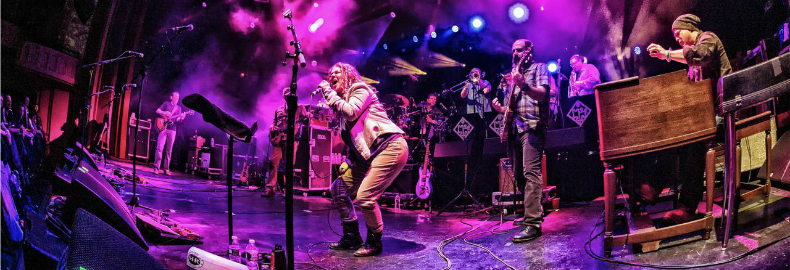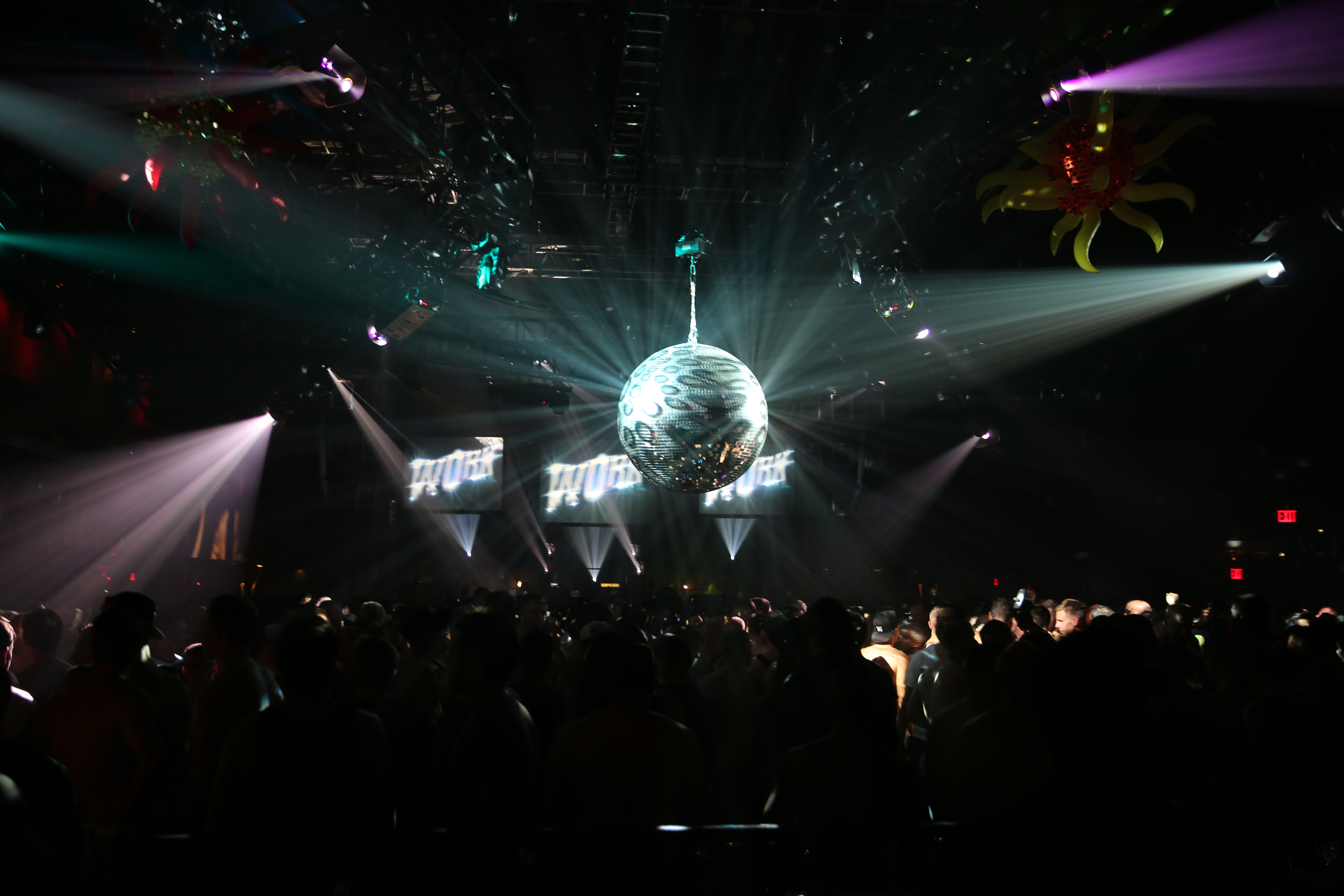Live event production in a competitive market requires knowledge, skills and experience. The typical live event, whether a wedding, conference, or outdoor rock festival, requires a huge amount of pre-planning and preparation for both known and unexpected challenges that just seem to happen with every production.
Here are 7 insider tips about live event production that every event planner should know to ensure the success of any live event.
1. Adapting to Issues in Real Time
No matter how well prepared you are, with any live event production stuff happens. Whether it’s your talent missing a flight, or a sudden equipment malfunction, you need to be prepared to deal with issues in real time. This is where working with the right professionals, including a technical event production company, can pay big dividends.
They have done hundreds of events just like yours and will have a built-in contingency plan to deal with any number of technical issues that may arise during your live event production.
2. Crowd Control and Safety
In today’s world, crowd control and safety are primary concerns for any live event production. Whenever large groups of people gather, there is always the possibility that they can get out of control and create unsafe conditions for themselves and others. Crowd control and safety begins when planning your event. It is a combination of physical crowd control, such as safety barriers, and staffing your event with the appropriate law enforcement and security personnel.
Safety is a concern for both your audience and performers. Starting with stage construction, rigging and safety barricades, your technical event production company needs to ensure safety in the physical plan of the event. You also need to have crowd control staff in place in the event of any unforeseen circumstances, such as a sudden thunderstorm at an outdoor event.
As the producer of a live event, you have a legal “duty of care” to provide a safe working environment and to ensure public safety. Take the time to work with your team to map out a thorough event safety plan. Also, make sure that the technical production company you hire has safety as a top concern and can assist with your safety needs.

3. Weather Provisions
This is a major safety and logistical issue if your live event production is going to take place outdoors. This includes providing for the safety of your performing artists, as well as attendees to the event.
Sudden violent weather episodes, such as the violent thunderstorms that forced the cancellation of the Black Eyed Peas concert in Central Park several years ago, happen more often than you may think. Events like this can leave you with 20, 000 angry fans that you will need to deal with. Make sure that you have plans in place, whether it is a refund system, a rescheduled date or an alternate venue.
4. Permitting and Licensing
In order to ensure the safety of the public at any live event, most cities require certain permits and licenses. Permits can include a generator permits if the venue does not have adequate power, electrical permits including having all equipment meet the municipalities’ codes, and permits for assembly, or street activity.
Depending on the venue and the production, you may also need permits for building any staging or temporary installations, including oversized tents, rigging and lighting trusses. Also be aware that many times an engineer must sign off on the safety of any design plans as well. This is required not only to ensure your design is structurally sound, but may be required to obtain the necessary permits.
This is another area of the production where having a technical event production company can help. They will be familiar with the permitting process, saving you time and headaches.

5. Managing Talent
As the event producer, you’ll be required to manage the talent on some level. Most artists will include a rider of items in their contract that you will need to provide. You will also need to hire a production or stage manager to handle the details of the actual performance, such as set times, dressing room assignments, any set changes and you will need to work closely with them prior to your event.
You’ll also need to work closely with your technical event production company with regards to performers. They may need to contact the artist’s management to arrange for any special technical needs for the artist and will need to know in advance of any important arrival or show details.

6. Logistics Planning
For a large outdoor event, you may be required to practically build a small town overnight. From setting up the stage, sound, lighting and video, arranging food courts or vendor areas, even bringing in porta-potties requires logistical planning and support. If your event is being held at an indoor venue, logistical planning is still crucial. Work closely with venue management to assure that the needs of each vendor will be met and clarify who is responsible for which aspect.
No matter the event size or venue, you will need a plan in place prior to the event to allow crews to quickly and efficiently load-in, set-up and load out smoothly. Make sure your plan allows ample time for each vendor and includes detailed schedules for the load-in, day of the event and load out processes.

7. Plan Your Budget
Cost management is of vital importance when planning live event production, whether it’s an outdoor concert for 40,000 music fans or a memorable college reunion.
Costs can quickly get out of hand when you don’t stick to a budget. You need to make sure to include all of the items on this list and build in a cushion for unforeseen expenses or emergencies that always arise.
Start by clearly and concisely outlining your goals and objectives and then examine any required expenses, such as permitting and licensing, infrastructure and technical requirements and of course talent and staging.
Live event production can be challenging, frustrating, a little scary and even exhilarating when your event is a success. In depth pre-planning can go a long way toward success, but you should always be prepared. As you define and plan your event, start with a clear objective. It will help you to make the right decisions and ensure that your event stays true to your vision. Next, build a strong team of professionals that you can trust and can help you to achieve your goals through their years of experience and knowledge.







